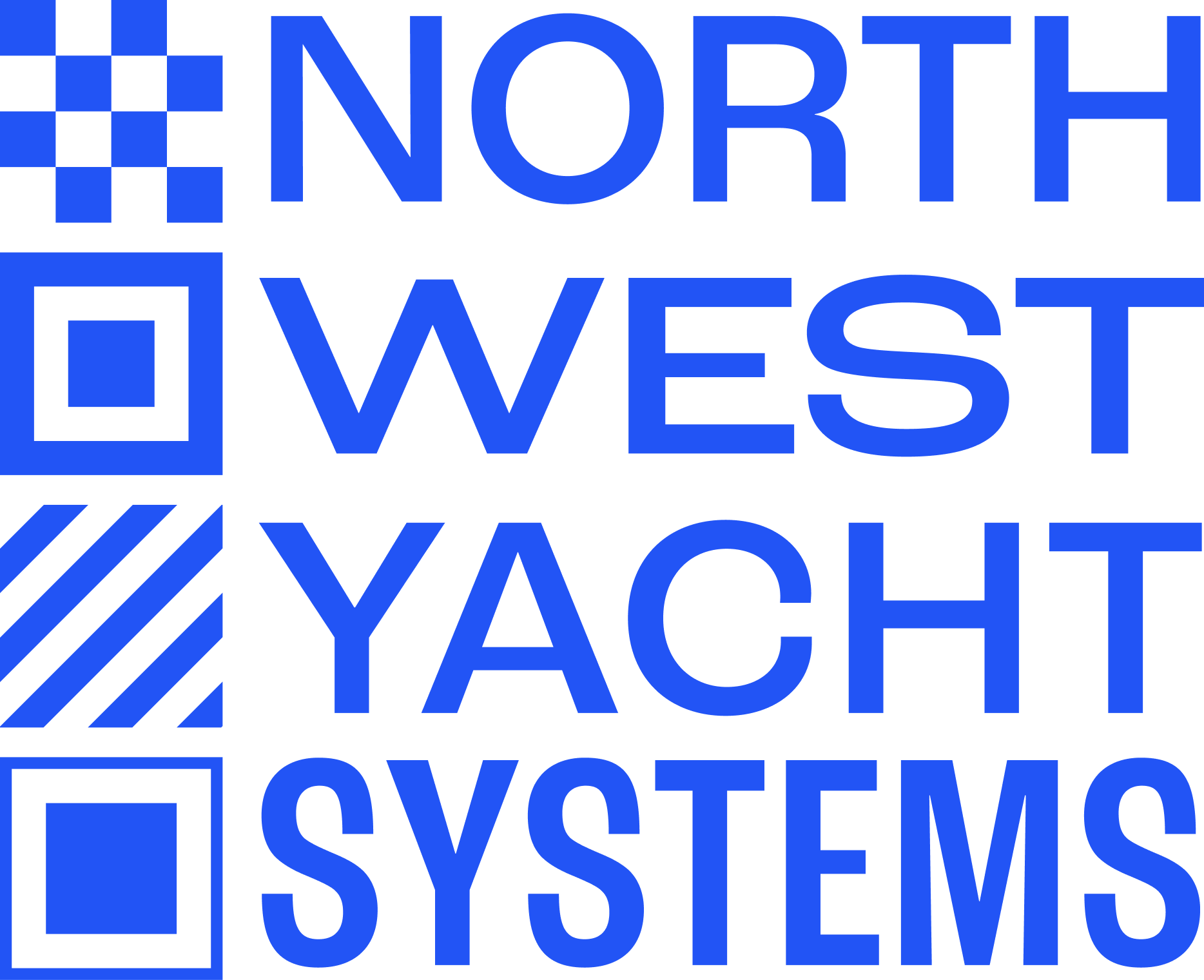Marine AIS: How It Works and Why It’s Important
Automatic Identification System (AIS) is a technology used in the maritime industry to improve safety and efficiency. It is designed to enable ships and other vessels to communicate with each other and with shore-based systems, providing real-time information about their position, course, and speed. In this blog post, we will explore what marine AIS is, how it works, and why it is important.
What is Marine AIS?
Marine AIS is a tracking system used to identify and locate vessels in real-time. It uses VHF radio frequencies to transmit and receive data, including vessel position, course, and speed, as well as other important information such as the vessel’s name, type, and destination.
AIS is designed to improve safety in the maritime industry by enabling vessels to share their location and other information with other ships and with shore-based systems. This helps to reduce the risk of collisions and other accidents, and can also improve the efficiency of shipping operations.
How Does Marine AIS Work?
Marine AIS works by using two-way VHF radio communication between vessels and shore-based systems. Each vessel is equipped with an AIS transceiver, which sends and receives data using a VHF antenna.
When a vessel sends an AIS signal, it includes information about the vessel’s position, course, and speed, as well as other important information such as the vessel’s name, type, and destination. This information is then transmitted to other vessels and to shore-based systems, which can use it to track the vessel’s location in real-time.
Why is Marine AIS Important?
Marine AIS is an important technology in the maritime industry for several reasons. Here are just a few of the reasons why AIS is so important:
Safety: Marine AIS helps to improve safety in the maritime industry by enabling vessels to communicate with each other and with shore-based systems in real-time. This can help to reduce the risk of collisions and other accidents, which can be especially important in busy shipping lanes or in areas with poor visibility.
Efficiency: Marine AIS can also improve the efficiency of shipping operations by enabling vessels to share information about their location, course, and speed. This can help to optimize shipping routes and reduce travel time and fuel consumption.
Compliance: Many countries require vessels to be equipped with AIS transceivers in order to comply with safety regulations. This means that vessels without AIS may be restricted in their ability to operate in certain areas or may face penalties for non-compliance.
Search and Rescue: In the event of an emergency, marine AIS can be used to locate vessels in distress and to coordinate search and rescue efforts. This can be especially important in remote or dangerous areas where traditional search and rescue methods may not be effective.
In conclusion, marine AIS is an important technology in the maritime industry that helps to improve safety, efficiency, and compliance. By enabling vessels to communicate with each other and with shore-based systems in real-time, AIS helps to reduce the risk of collisions and other accidents, and can also improve the efficiency of shipping operations. If you own or operate a vessel, consider investing in an AIS transceiver to help ensure the safety and efficiency of your operations.
Contact us today for AIS installation

